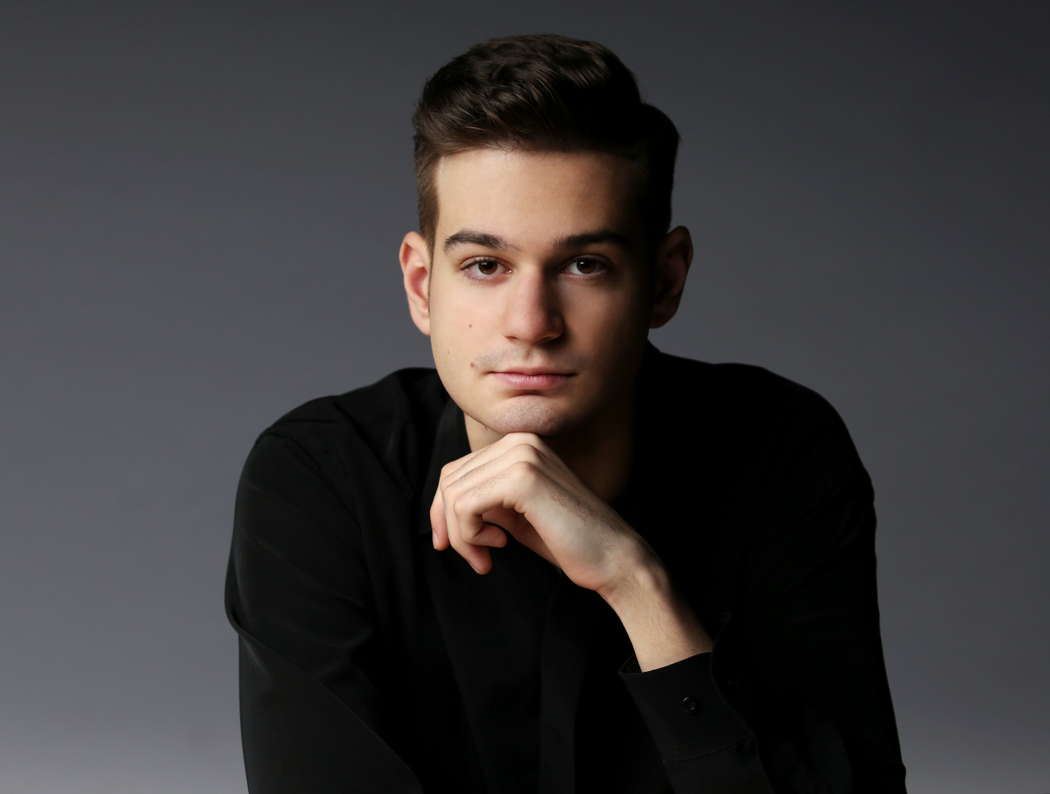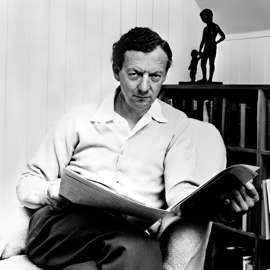 FEEDBACK: She said WHAT? Read what people think about our Classical Music Daily features, and have your say!
FEEDBACK: She said WHAT? Read what people think about our Classical Music Daily features, and have your say!
Dazzling Virtuosity
MIKE WHEELER listens to Valentin Silvestrov, Rachmaninov, Manuel de Falla and Musorgsky from Russian pianist Victor Maslov
That a Russian pianist could begin a recital with music by a Ukranian composer who fled to Berlin in 2022 must say something - Derby Chamber Music, Multi-Faith Centre, Derby University, Derby, UK, 25 February 2024. Victor Maslov opened with Valentin Silvestrov's Three Bagatelles, Op 1, which are easy to imagine as the results of improvisations. After the gently musing, inward No 1, No 2 emerged from its dark left-hand opening to take on a slow lilting quality. The third piece, contemplative once again, was brighter in tone. Together, they suggested that Silvestrov has kindred spirits in Mompou, and Satie in his less tongue-in-cheek moments. Their undemonstrative manner provided a master-class in how to speak volumes with just a few notes.
Rachmaninov's Etudes-Tableaux have a complex history. Maslov played the first set, Op 33, from an edition re-instating the two pieces Rachmaninov withdrew. He brought out the sardonic quality of the march-like No 1, tersely expressive, and disruptive in the middle section. His shimmering right-hand figures in No 2 were echoed in the high chimes ending the brooding No 3. No 4's expressive ambivalence built to a vehement climax, and Maslov was in full command of No 5's torrents of notes and range of colours. After the celebratory No 6, No 7's gentle opening turned stormy, before the withdrawal at the end. The final piece's powerful opening roused more turbulence, and the ending was vehemently blunt.

Victor Maslov in 2016
The second half began with three early pieces by Falla. A Chopin influence is clear in his Nocturno, with only the little melodic flicks at the ends of phrases to suggest a Spanish character. Cortejo de Gnomos (Procession of Gnomes) depicted a jolly crowd, pert and practically dancing. Canción (Song) put me in mind of Tchaikovsky (particularly the Barcarolle from The Seasons) with echoes of the Gymnopédies by (once again) Satie.
Musorgsky's Pictures from an Exhibition, one of the great masterpieces of nineteenth-century Russian piano music, could, in the wrong hands, come across as just a virtuoso display-piece. But there was never any danger of that here. Maslov's firm, sturdy opening 'Promenade' led straight into 'Gnomus', snapping and snarling abruptly (a complete contrast with Falla's gnomes), and with the strangeness of the middle section highlighted. After a more inward 'Promenade', 'The Old Castle' was slower than many performances I've heard, which really emphasised its melancholy quality.
A more assertive 'Promenade' led to a mercurial depiction of the children running around in 'Tuilleries', after which 'Byłlo' had real weight; Maslov played the loud opening that Musorgsky originally specified. A gentle 'Promenade' took us to the capricious 'Ballet of the Chicks in their Shells', clucking and squawking, while the 'Two Polish Jews were vividly characterised - the one imposing, the other all nervy repeated notes. The next 'Promenade' was steady; the bustling, gossiping 'Limoges - The Market Place' was anything but. Then came the darkness of 'Catacombs' with solemn bell-strokes and moments of eerie stillness.
In Musorgsky's postscript, 'With the Dead in a Dead Language', there was delicate flickering as the Promenade theme stalked below, and Maslov's skill in layering the textures came across with particular clarity. In 'The Hut on Chicken's Feet' he gave us a malevolent, flamboyant Baba-Yaga. After the vigorous rush at the end, the bells at the start of 'The Great Gate at Kiev' were unexpectedly quiet, but the air was still clamorous with them. The chant passages were quiet and withdrawn, and the whole piece was handled with dazzling virtuosity; but you knew this was never flaunted for its own sake.
Copyright © 5 March 2024
Mike Wheeler,
Derby UK




